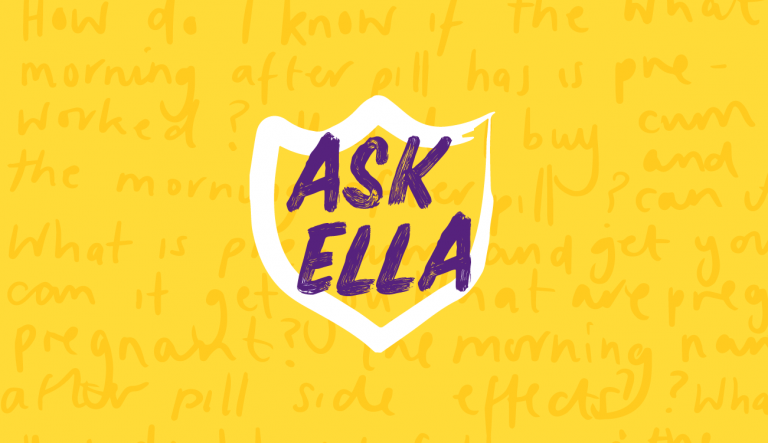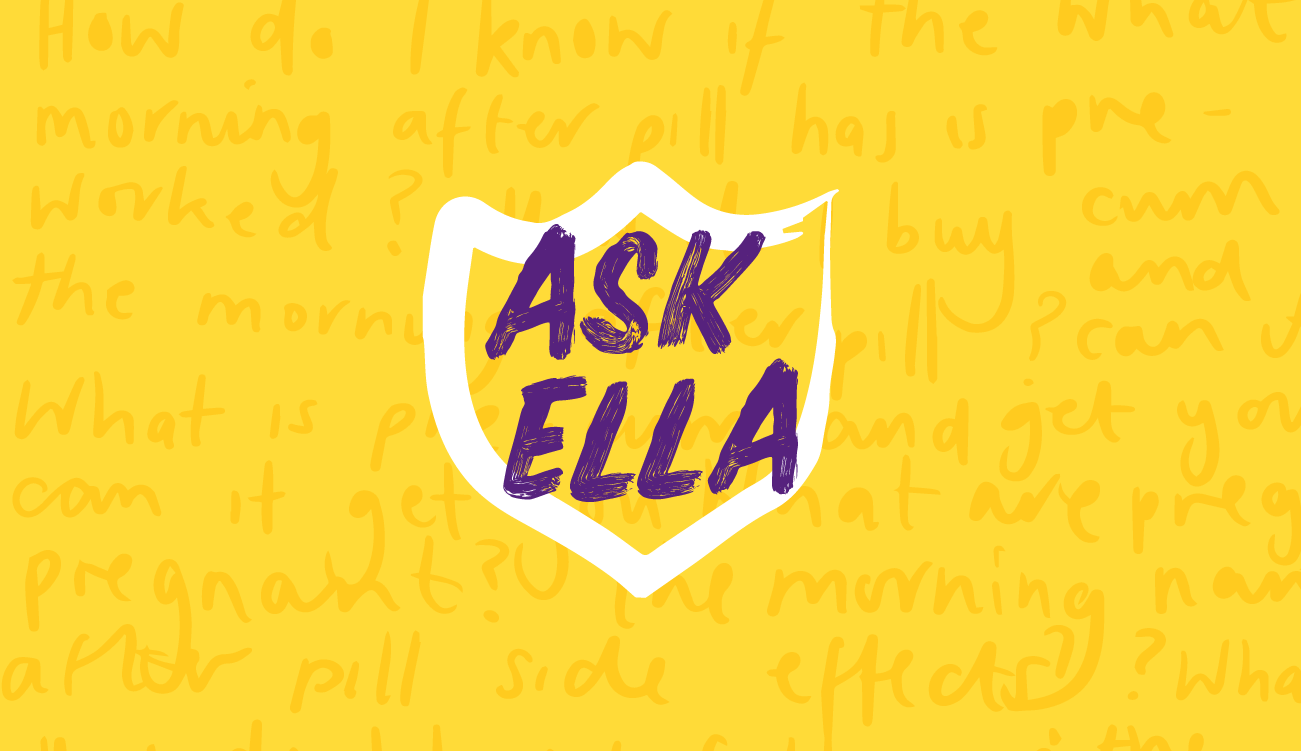For too long, sex education has focused on the heteronormative, cis-gender experience – which can make others feel excluded. This sexual health awareness week is all about getting your Relationship and Sexual Education into gear – and we’re starting with what we know best: the morning after pill!
While the morning after pill is often associated exclusively with cis-women, we know that they are not the only people who may seek emergency contraception.
Cis-gender refers to people whose gender identity matches their assigned sex at birth, so someone who identifies as a woman and who was assigned female at birth is a cis-woman.
We want to ensure that My Morning After is a safe, welcoming space for everyone where everyone is included. We spoke to Kirrin Medcalf, head of trans inclusion at LGBTQ+ empowerment and equality charity Stonewall, about why the morning after pill is not just for cis-women.
Is the morning after pill only for women?
“No, the morning after pill is for anyone who has the potential to become pregnant. So that’s anyone who has ovaries and a womb,” says Kirrin.
Your reproductive organs do not determine your gender identity or expression. Not everyone who has a vulva and ovaries is a woman.
Can trans men or non binary people who take testosterone still get pregnant?
There is a common misconception that testosterone will stop you getting pregnant, but that’s not actually the case.
“Any trans man or non-binary person who has a womb and ovaries has the potential to become pregnant. Testosterone is not a contraceptive, and many people are able to conceive while on testosterone,” says Kirrin.
What would you say to a trans or non-binary person who has had unprotected sex or contraceptive failure to reassure them?
“First of all do not panic, this is your body and your choice. You have nothing to be ashamed of. Pregnancy and STI scares happen to so many people, including trans people. It doesn’t make you any less of the person you know yourself to be. Becoming pregnant or contracting an STI is not something to be ashamed of,” says Kirrin.
“After you have had an incident that makes you feel concerned that you may become pregnant, or have come into contact with HIV, it is important you go to a sexual health clinic, a pharmacist, or your doctors within 3 days; the sooner the better. The morning after pill can stop unplanned pregnancy and PEP (post-exposure prophylaxis) can stop you from becoming HIV positive if taken within 72 hours.”
Can trans men and non-binary people still use birth control - like the pill or the IUD for example?
If you have ovaries and a uterus, there is a chance you could fall pregnant. If that is something you want to avoid right now, you can still use birth control. “Trans men and non-binary people who have ovaries and a uterus are able to use all forms of birth control,” says Kirrin.
There is no one-size-fits-all birth control for anyone: whatever their identity. “Which specific form of birth control is right for that individual is a decision between them and their doctor or sexual health practitioner; and will depend upon a variety of factors including: family medical history, personal medical history, long term fertility and family plans, other medications, and individual preference.”
Is there any risk of unplanned pregnancy for trans men who are taking hormones or have had surgery?
“Testosterone is not a contraceptive and people can become pregnant while taking it, even if they are not experiencing periods,” says Kirrin. There are loads of contraceptive methods available if you want to avoid an unplanned pregnancy. Discover the most effective methods here. What is the most effective contraception method? Ask Ella
“There is no one type of surgery for trans people,” Kirrin continues, “Some trans and non-binary people will choose surgery that preserves fertility, while others will choose to be sterile and other may choose not to have any surgery.”
“As long as the vagina, uterus and ovaries remain, the person usually has the potential to become pregnant without medical assistance. If a person does not have a uterus or ovaries they will not need contraception for pregnancy prevention.”
It’s also important to remember that trans and non binary people may choose to get pregnant at some point in their lives. “Posing pregnancy as a risk assumes the pregnancy would be unwanted,” says Kirrin.
“Trans men and non-binary people with uterus’ and ovaries who are planning to take, currently taking, or have taken hormones may choose to become pregnant at some point in their life. Pregnancy can be a joyful, intimate and empowering experience for people of any gender.”
In your experience, do trans and non-binary people experience difficulty getting the morning after pill?
Getting the morning after pill from a pharmacy can be intimidating – especially if you present as male or non binary.
“Trans and non-binary people can experience being refused access to emergency contraception, or forced to out themselves as trans, or prove that they have the ability to become pregnant to access the morning after pill,” says Kirrin.
If you would prefer, you can always order the morning after pill online via ellaOne direct for same day or next day delivery.
Why Is It So Important For Sex Education To Be Inclusive?
“It’s important because of the right for an individual to choose when and if they want to start a family; the right to have a safe, fulfilling and consensual sexual life; and the right to medical care including sexual health care are fundamental human rights regardless of whether a person is cisgender, transgender, non-binary or intersex,” Kirrin says.
“If access to emergency contraceptive care is not made available to all people through our healthcare system, then those who are excluded will turn to other alternatives that can have seriously damaging and sometimes life-threatening consequences,” they continue.
—
Have you ever taken the morning after pill? Whatever your gender identity, we want to share your story to help reassure others and show them that they are not alone. If you feel comfortable doing so, please click the link below to find out more.
ellaOne® 30mg film-coated tablet contains ulipristal acetate and is indicated for emergency contraception within 120 hours (5 days) of unprotected sex or contraceptive failure. Always read the label.







